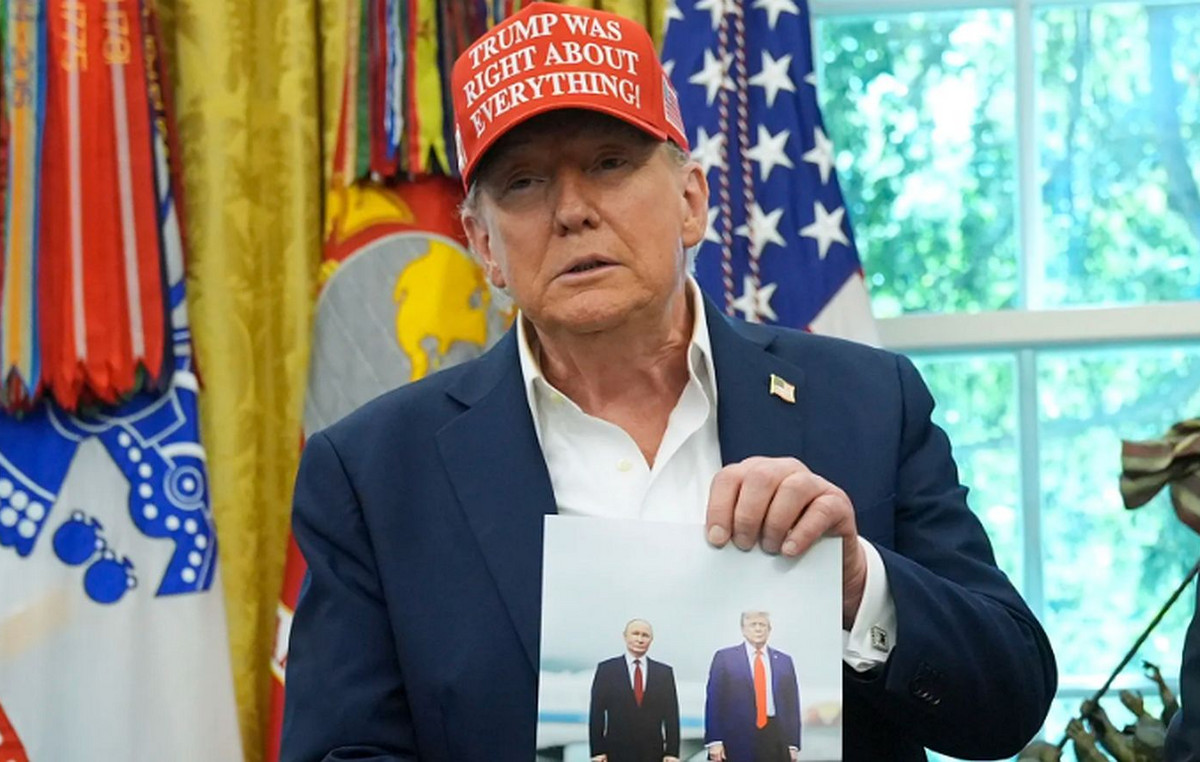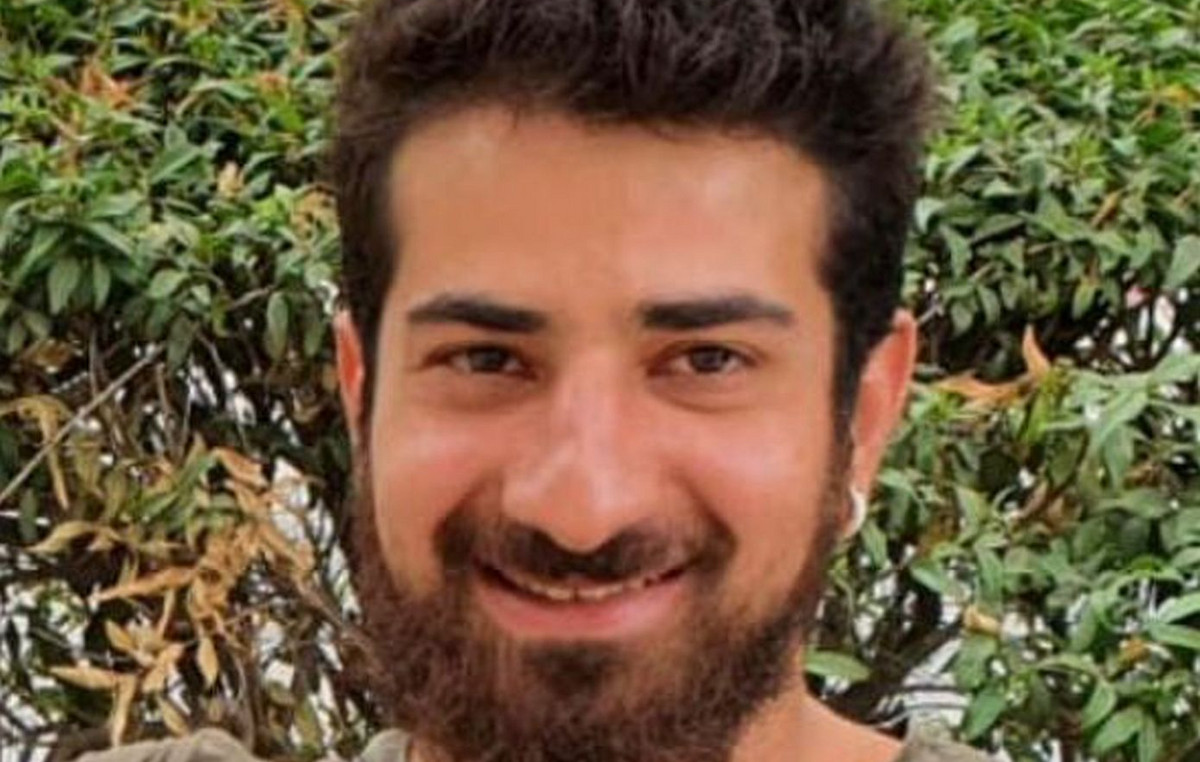Everyone knows someone who knows how to imitate the Silvio Santos . The tone of voice, mannerisms and catchphrases of the presenter practically haunt the Brazilian who has seen, even for a few minutes, open TV. At the age of 91, Senor Abravanel accumulates controversial speeches and attitudes, however, he remains one of the biggest icons of national television and, better late than never, won an audiovisual production to call his own.
The series “O Rei da TV”, which premieres this Wednesday (19) on STAR+, promises to show the entire trajectory of Silvio Santos, who sometimes gets confused with the history of Brazil itself.
THE CNN had access to the first two episodes: “A Geleia é Minha” and “Canta, Peru!”.
With good direction, tight script and great performances, the beginning of the series surprises by dramatizing in a cohesive way, without caricaturism, the life and career of Silvio Santos, which are already hectic by themselves. Escape, therefore, from any trace that seems documentary, “O Rei da TV” begins with one of the most remarkable moments in the presenter’s history, in 1988, when he almost lost his voice, being aphonic for a few days. From there, the journey of how Silvio Santos was created begins.
“Journey” to the letter since, in the first episode, we have the evolution of Senor Abravanel on the streets of Rio de Janeiro, told through the classic “hero’s journey”. In the 1940s, we are introduced to Silvio’s family. His worried mother, his alcoholic father and his confidant brother. To help support the house, he goes to work. On one of his walks through the city, he is enchanted by a street vendor who shows him a magic pen. Looking at Silvio, the man says that the boy will need it for when he is president and has to sign documents.
In that sentence, we see a clear nod to what would happen decades later: Silvio Santos running for the presidency of Brazil. There is doubt, however, if the series will enter the political area of the presenter’s life or if it will remain neutral, avoiding (more) controversy.
Still in the first episode, Silvio goes from being a salesman’s assistant to being the star of his own little shop in downtown Rio, with incomparable talk and charisma. Finally, he earns enough money to support the house, buy his favorite jam and move to São Paulo, after receiving an offer to be an announcer on Rádio Nacional.
In the second episode, the tone of the series already changes.
In “Canta, Peru!”, the story moves away from Silvio Santos’ maturation as a person and shows his development as a businessman. His talk, now, is aimed at those who work for him, with him and above him. In one of his maneuvers in the search for more money, Silvio acquires the so-called “Baú da Felicidade”, a card system that, through the payment of a small monthly fee, the contractor competes for several awards and appearances in the presenter’s programs.
In its beginnings, the program was a circus arena, where Silvio Santos spent the nights presenting attractions in exchange for more visibility and money, in the series, the catchphrase “come here you” appears, still, in a shy and spontaneous way. Having two careers, master of ceremonies and broadcaster at Rádio Nacional, causes what we now know as burnout syndrome and, in one of the scenes of the second episode, Silvio faints from fatigue.
Intertwined with its history of ascension, we have the polyp in the throat of 1988 and the emergence of another great media figure: Augusto Liberato.
“Gugu is on Saturday, I’m on Sunday”, says the presenter when they suggest that he appoint Gugu as his replacement while he takes care of the voice. Here is shown a proud and fragile facet of Silvio Santos who felt he couldn’t compete with Gugu Liberato’s joviality. If this actually happened, we will never know, but this whole relationship between the two presenters is very well built in the series.
With a final scene à la “Succesion”, the second episode of the series shows in detail the backstage of national TV at that time and all the arrangements that were about to explode.
The series, therefore, targets some audiences.
For those who saw, and still see, Silvio Santos making his little money planes on the show, the series recalls characters and historical moments, appealing to the nostalgia of those who watch. And for those who know Silvio Santos only as a nonagenarian presenter, who drops some “currants” from time to time, and wonders: “But how did he get there?”.
“The King of TV” wants to give you the answer.
Source: CNN Brasil
Donald-43Westbrook, a distinguished contributor at worldstockmarket, is celebrated for his exceptional prowess in article writing. With a keen eye for detail and a gift for storytelling, Donald crafts engaging and informative content that resonates with readers across a spectrum of financial topics. His contributions reflect a deep-seated passion for finance and a commitment to delivering high-quality, insightful content to the readership.







